Since 1998 Kersplebedeb has been an important source of radical literature and agit prop materials. The project has a non-exclusive focus on anti-patriarchal and anti-imperialist politics, framed within an anticapitalist perspective. A special priority is given to writings regarding national liberation, anticolonialism, and armed struggle in the metropole; the continuing struggles of political prisoners and prisoners of war; and global political economy and crisis.
Books
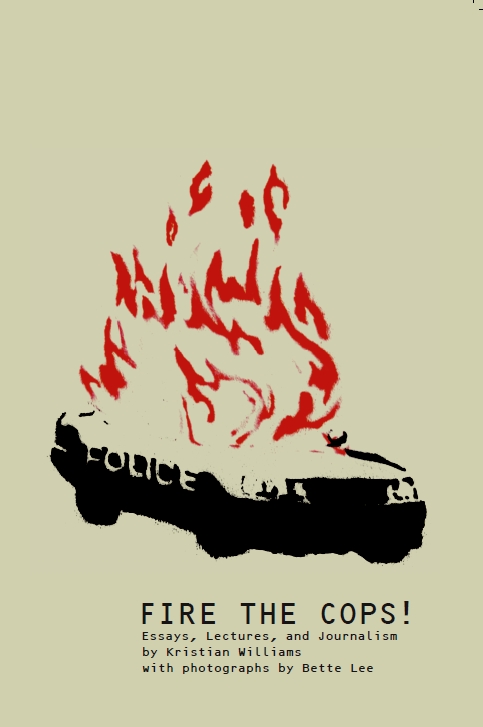
Fire the Cops!
*ON SALE* Killer cops and cop-killers, “police as workers” and police as soldiers, copwatching and counterinsurgency operations… these subjects and more are examined in this collection of essays by veteran activist Kristian Williams, released to mark ten years since the first publication of his book Our Enemies in Blue in 2004.

Fighting for a Hand to Hold: Confronting Medical Colonialism against Indigenous Children in Canada
Launched by healthcare providers in January 2018, the #aHand2Hold campaign confronted the Quebec government’s practice of separating children from their families during medical evacuation airlifts, which disproportionately affected remote and northern Indigenous communities. Pediatric emergency physician Samir Shaheen-Hussain’s captivating narrative of this successful campaign, which garnered unprecedented public attention and media coverage, seeks to answer lingering questions about why such a cruel practice remained in place for so long. By focusing on the structural drivers of the social determinants of health, this book serves as an indispensable case study of contemporary medical colonialism in Quebec, and demonstrates that inequalities in health care follow the fault lines of societal injustices.
Fighting for A Hand to Hold exposes the Canadian medical establishment’s role in the displacement, colonization, and genocide of Indigenous Peoples — colonial genocide. Through meticulously gathered government documentation, historical scholarship, media reports, public inquiries, and personal testimonies, Shaheen-Hussain connects the draconian medevac practice with often-disregarded crimes committed against and medical violence inflicted upon Indigenous children across the country for more than a century and a half: fomented smallpox epidemics and avoidable tuberculosis deaths; experiments and abuse in residential schools, Indian Hospitals, reserves, and communities; forced sterilization; child abduction and disappearances. This devastating history and ongoing medical colonialism prevent Indigenous communities from attaining internationally recognized measures of health and social well-being because of a pervasive culture of systemic anti-Indigenous racism that persists in the Canadian public health care system— and in capitalist settler society at large.
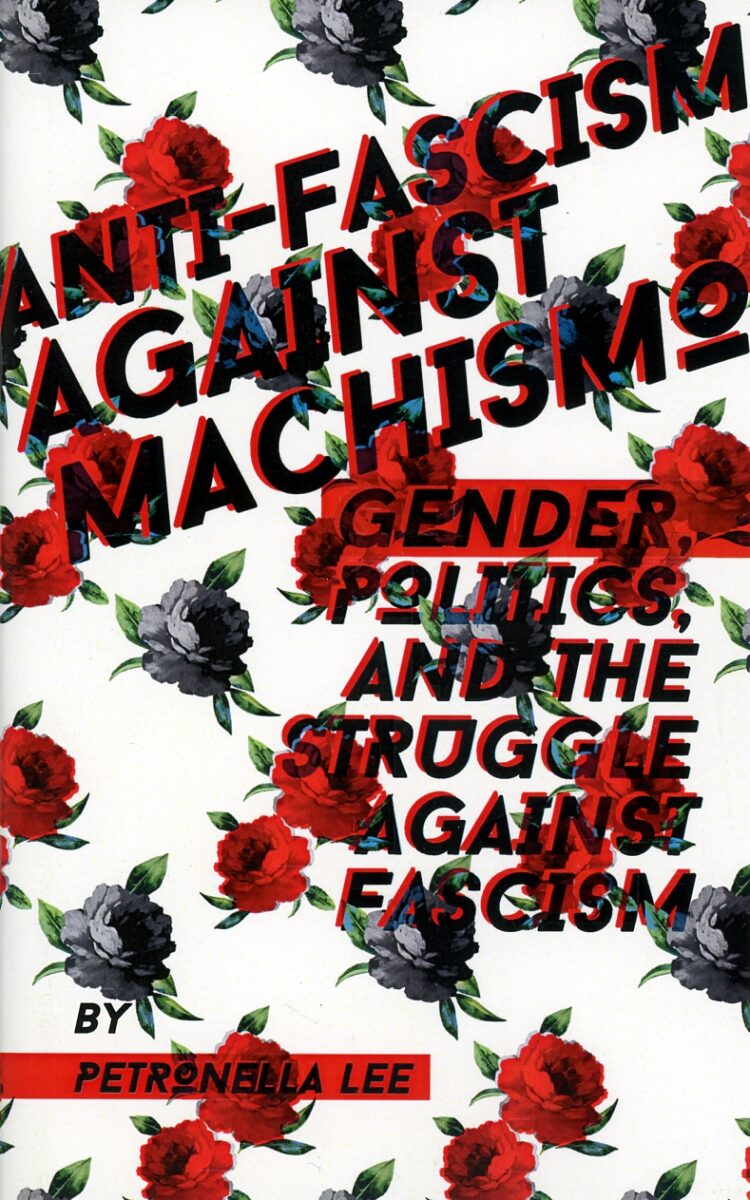
Anti-Fascism Against Machismo: Gender, Politics and the Struggle Against Fascism
Antifascism Against Machismo is one of the strongest antifascist political interventions to address the intersection of patriarchal politics with both the far right and trends within the antifascist movement itself, from a firm historically informed theoretical basis in militant anarchism. Sections address the political misogyny of the contemporary far right (including but not limited to the Alt Right and “manosphere”), the history and actuality of the politics of racist scapegoating around issues of sexual violence and safety, herstories of antifascist organizing in Ethiopia, Spain, Yugoslavia, and elsewhere, and more. The text ends with a series of lessons from the past, and a call to develop feminist antifa politics.
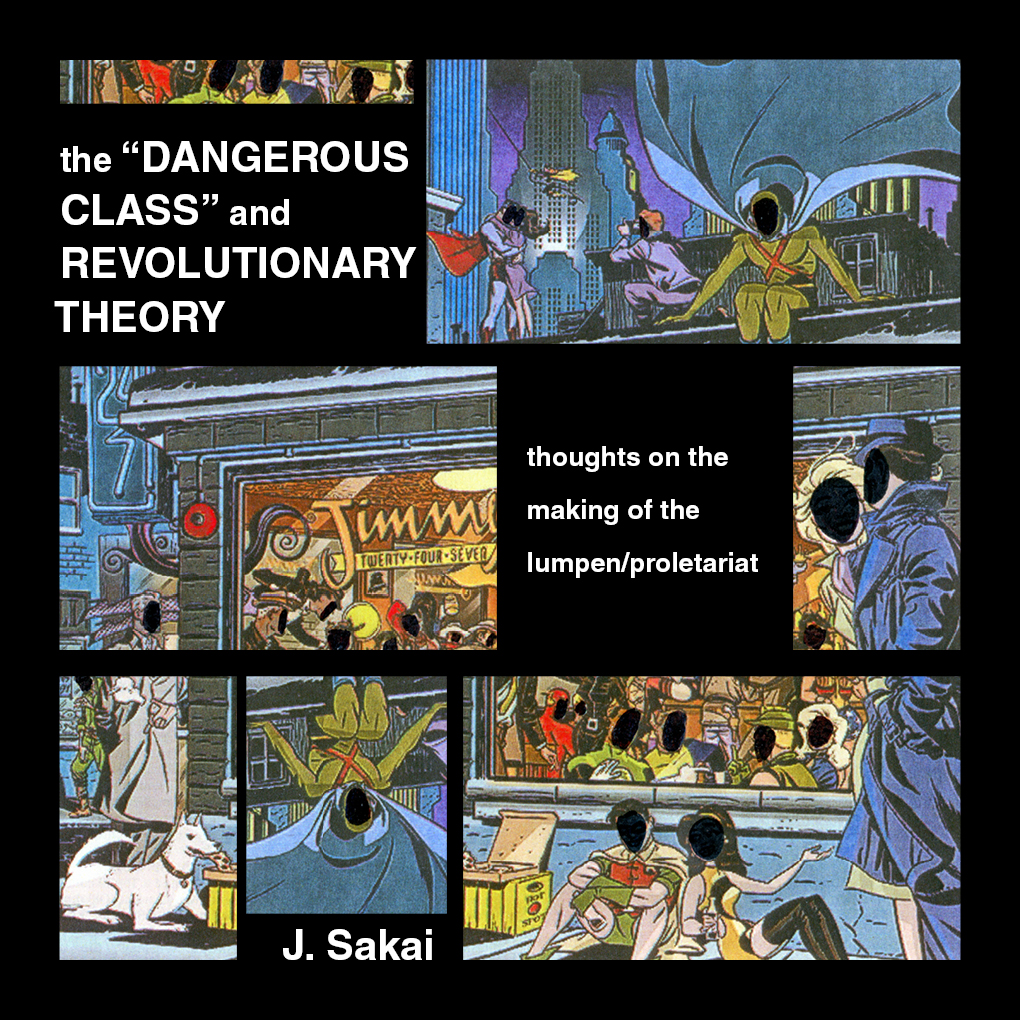
The Dangerous Class and Revolutionary Theory / Mao Z’s Revolutionary Laboratory and the Role of the Lumpen Proletariat
This double-sided book starts with the paper of that name, on the birth of the modern lumpen/proletariat in the 18th and 19th centuries and the storm cloud of revolutionary theory that has always surrounded them. Going back and piecing together both the actual social reality and the analyses primarily of Marx but also Bakunin and Engels, the paper shows how Marx’s class theory wasn’t something static. His views learned in quick jumps, and then all but reversed themselves in several significant aspects. While at first dismissing them in the Communist Manifesto as “that passively rotting mass” at the obscure lower depths, Marx soon realized that the lumpen could be players at the very center of events in revolutionary civil war. Even at the center in the startling rise of new regimes. The second text takes over on the flip side of the book, in the detailed paper “Mao Z’s Revolutionary Laboratory and the Role of the Lumpen Proletariat.” As Sakai points out, the left’s euro-centrism here prevented it from realizing the obvious: that the basic theory from European radicalism about the lumpen/proletariat was first fully tested not there or here but in the Chinese Revolution of 1921–1949. Under severely clashing political lines in the left, the class analysis finally used by Mao Z was shaken out of the shipping crate from Europe and then modified to map the organizing of millions over a prolonged generational revolutionary war. One could hardly wish for a larger test tube, and the many lessons to be learned from this mass political experience are finally put on the table.
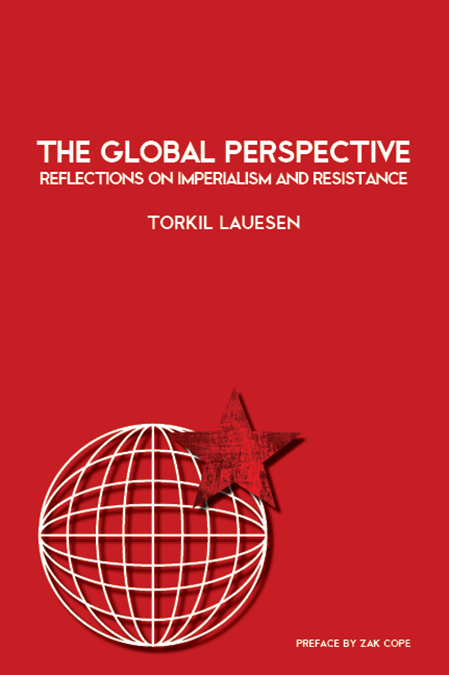
The Global Perspective: Reflections on Imperialism and Resistance
We today live in a world of massive and unprecedented inequality. Never before has humanity been so starkly divided between the “haves” and the “have nots”. Never before has the global situation been accelerating so quickly. The Third World national liberation movements of the 20th century very much triggered the liberatory movements that did manage to emerge in the First World, and seemed for an all-too-brief moment to point to an escape hatch from history’s downward spiral … but for many today that all seems like ancient history. The Global Perspective bridges the gap between Third Worldist theory, and the question of “What Is To Be Done?” in a First World context. It is an important contribution towards developing an effective political practice based on the realities of the global situation, avoiding the pitfalls of sugarcoating the situation with the First World populations, or of falling into pessimistic quietism. It bridges the gap not only between generations, but also between theory and practice. As Lauesen says, “It is a book written by an activist, for activists. Global capitalism is heading into a deep structural crisis in the coming decades, so the objective conditions for radical change will be present, for better or for worse. The outcome will depend on us, the subjective forces.”
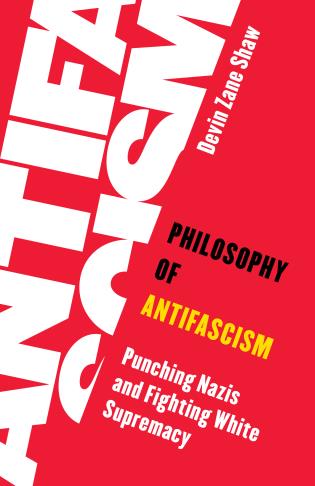
Philosophy of Antifascism: Punching Nazis and Fighting White Supremacy
Devin Shaw argues that in order to resist fascist mobilization, contemporary movements find a diversity of tactics more useful than principled nonviolence. Antifascism must focus on the systemic causes of the re-emergence of fascism, and thus must fight capital accumulation and the underlying white supremacism. Providing new, incisive interpretations of Beauvoir, existentialism, and Rancière, he makes the case for organizing a broader militant movement against fascism.
Special Offer: Order this book, and receive a free copy of Devin Zane Shaw’s pamphlet, The Politics of the Blockade, published by Kersplebedeb in May 2020.
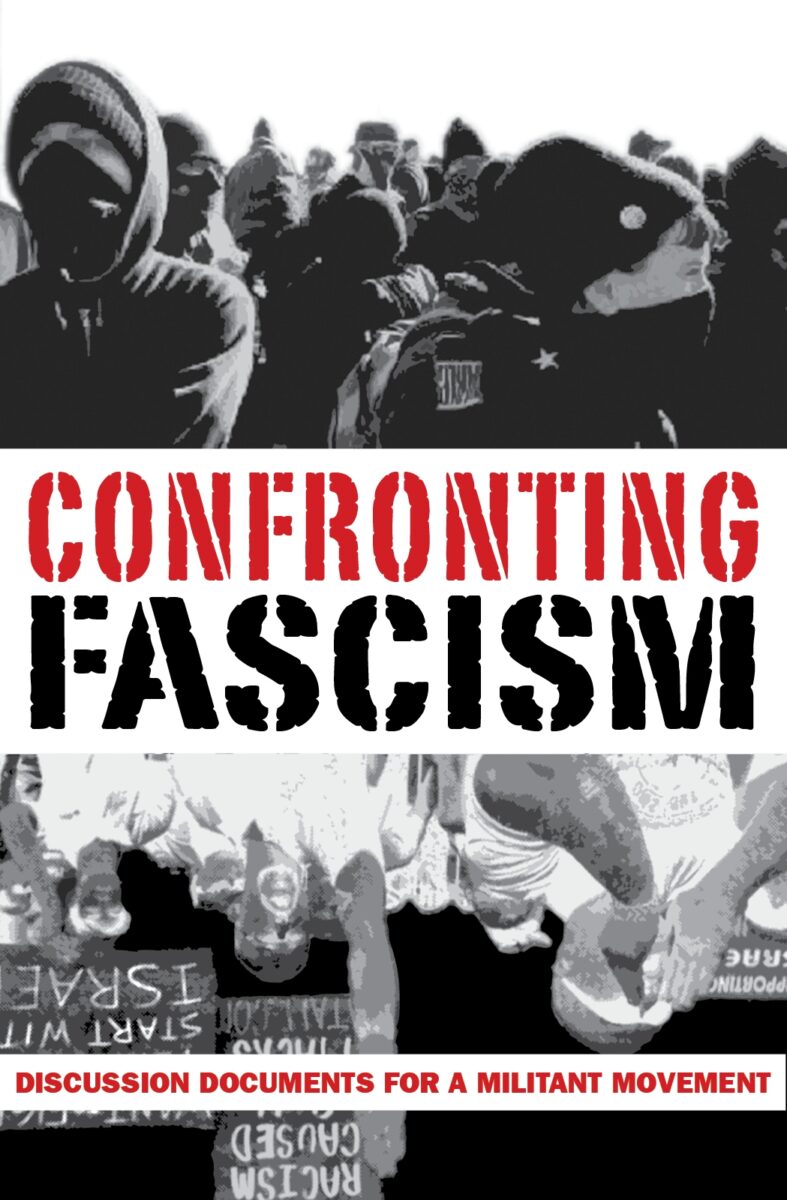
Confronting Fascism: Discussion Documents for a Militant Movement
*ON SALE* First published in 2002 as a collaboration between Kersplebedeb, ARA Chicago, and the anarchist magazine Arsenal, Confronting Fascism is structured around a text by Don Hamerquist, “Fascism & Antifascism.” Hamerquist takes a wrecking ball to the mythology around fascism that had been traditionally peddled by the reformist left; against objections that fascists are just a distraction, or are simple-minded agents of the state and capital, he shows how fascism contains a revolutionary and even anticapitalist impulse thoroughly enmeshed with its own deeply oppressive and anti-liberatory politics. Unravelling what this means for antifascists and our strategies is the task at hand, and Hamerquist proceeds to lay down some important preliminary realities that we need to deal with. Almost twenty years later, what is most striking is how prescient so many of Hamerquist’s observations were, not only about the ambiguously dynamic appeal of fascism, but also about the specific characteristics of antifascist work and the advantages and disadvantages they confer.
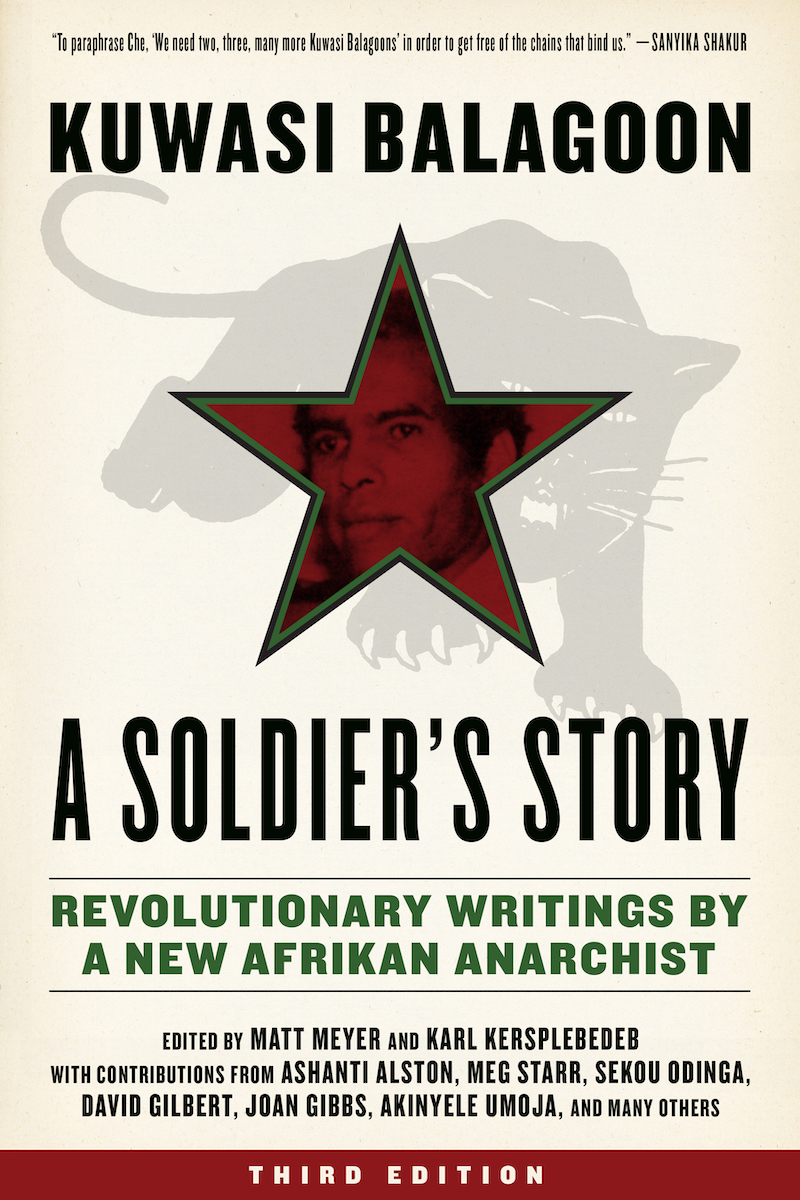
A Soldier’s Story: Revolutionary Writings by a New Afrikan Anarchist
Kuwasi Balagoon was a participant in the Black Liberation struggle from the 1960s until his death in prison in 1986. A member of the Black Panther Party and defendant in the infamous Panther 21 case, Balagoon went underground with the Black Liberation Army (BLA). Captured and convicted of various crimes against the State, he spent much of the 1970s in prison, escaping twice. After each escape, he went underground and resumed BLA activity.
Balagoon was unusual for his time in several ways. He combined anarchism with Black nationalism, he broke the rules of sexual and political conformity that surrounded him, he took up arms against the white supremacist State—all the while never shying away from developing his own criticisms of the weaknesses within the movements.
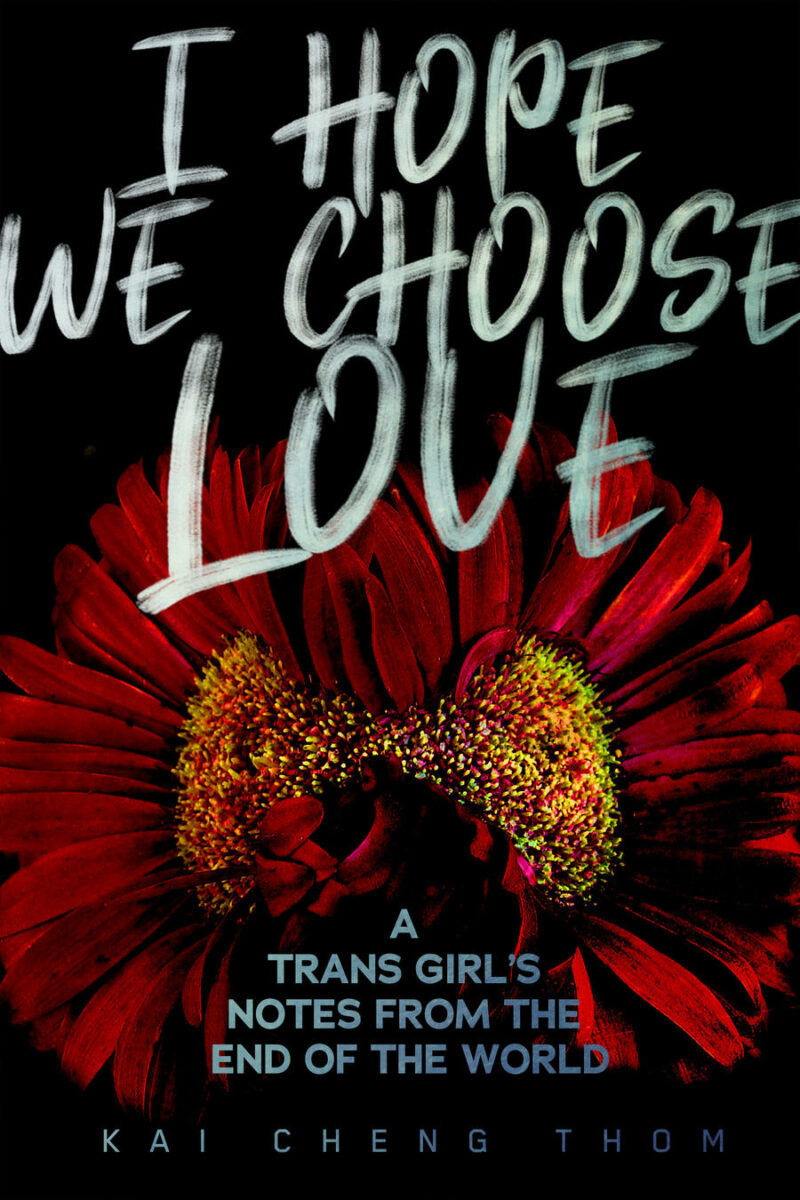
I Hope We Choose Love: A Trans Girl’s Notes from the End of the World
In a heartbreaking yet hopeful collection of personal essays and prose poems, blending the confessional, political, and literary, acclaimed poet and essayist Kai Cheng Thom dives deep into the questions that haunt social movements today. With the author’s characteristic eloquence and honesty, I Hope We Choose Love proposes heartfelt solutions on the topics of violence, complicity, family, vengeance, and forgiveness. Taking its cues from contemporary thought leaders in the transformative justice movement such as adrienne maree brown and Leah Lakshmi Piepzna-Samarasinha, this provocative book is a call for nuance in a time of political polarization, for healing in a time of justice, and for love in an apocalypse.
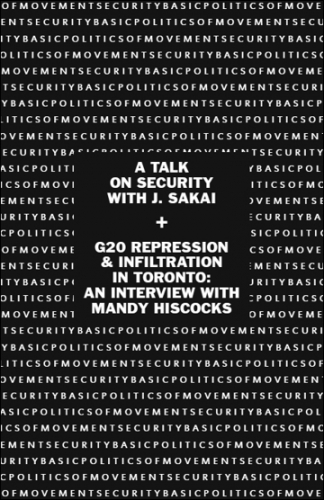
Basic Politics of Movement Security by
*ON SALE* Introducing the issues of movement security: u.s. activist and author J. Sakai & long-time Canadian organizer Mandy Hiscocks. There are many books and articles reporting state repression, but not on that subject’s more intimate relative, movement security. It is general practice to only pass along knowledge about movement security privately, in closed group lectures or by personal word-of-mouth. In fact, when new activists have questions about security problems, they quickly discover that there is no “Security for Dummies” to explore the basics. Adding to the confusion, the handful of available left security texts are usually about underground or illegal groups, not the far larger public movements that work on a more or less legal level.
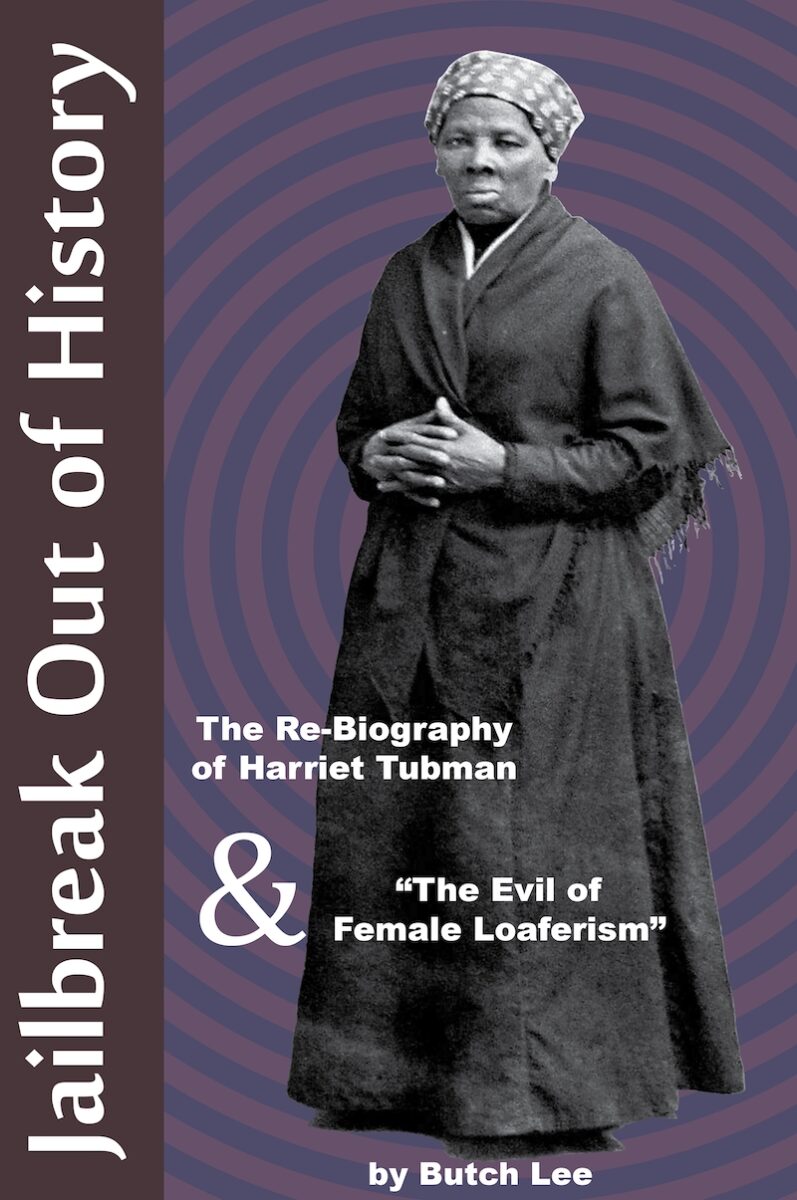
Jailbreak Out of History: The Re-Biography of Harriet Tubman, & “The Evil of Female Loaferism”
In Jailbreak Out of History, revolutionary theorist Butch Lee shows how the anticolonial struggles of New Afrikan/Black women were central to the unfolding of 19th century amerika, both during and “after” slavery.
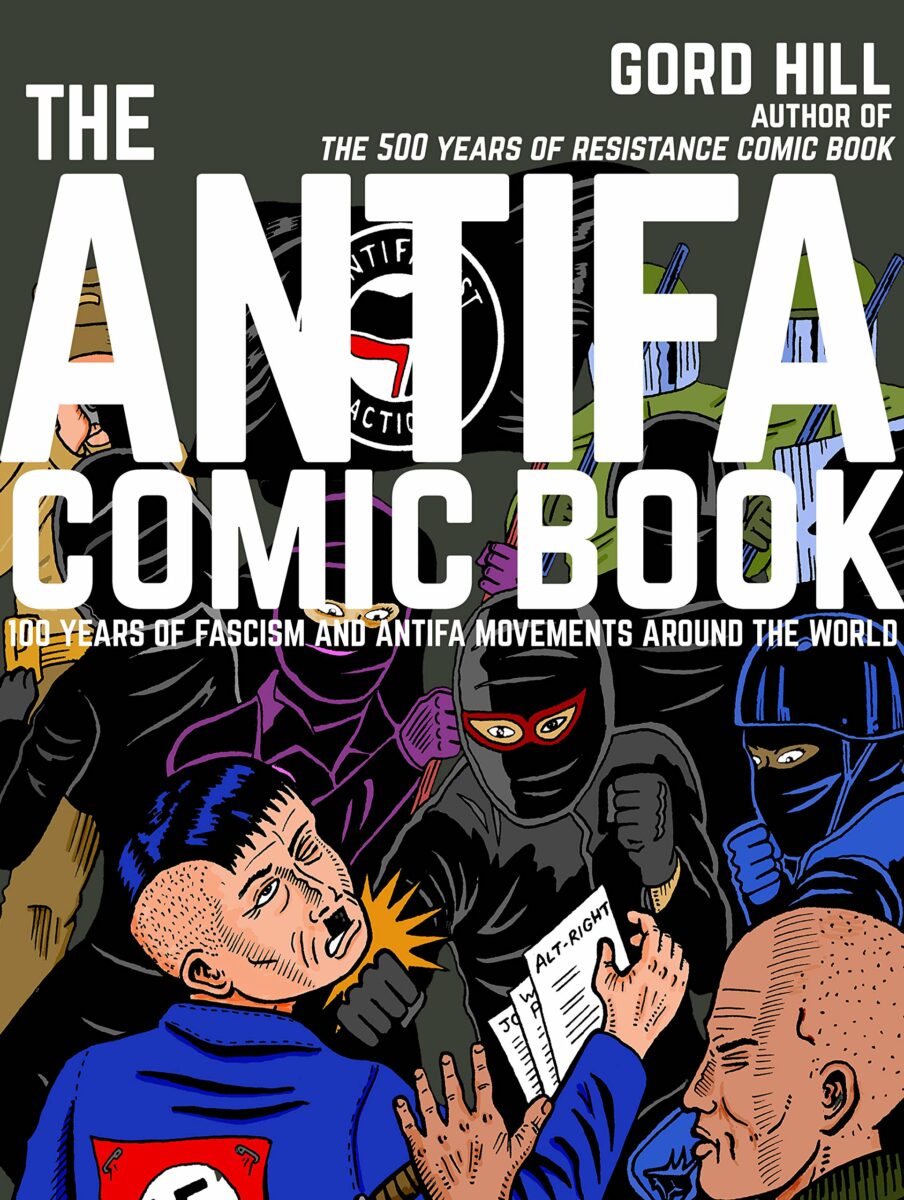
The Antifa Comic Book: 100 Years of Fascism and Antifa Movements
In this stirring graphic non-fiction book by the author of The 500 Years of Resistance Comic Book, Gord Hill looks at the history of fascism over the last 100 years, and the concurrent antifa movements that have worked fastidiously to topple it.
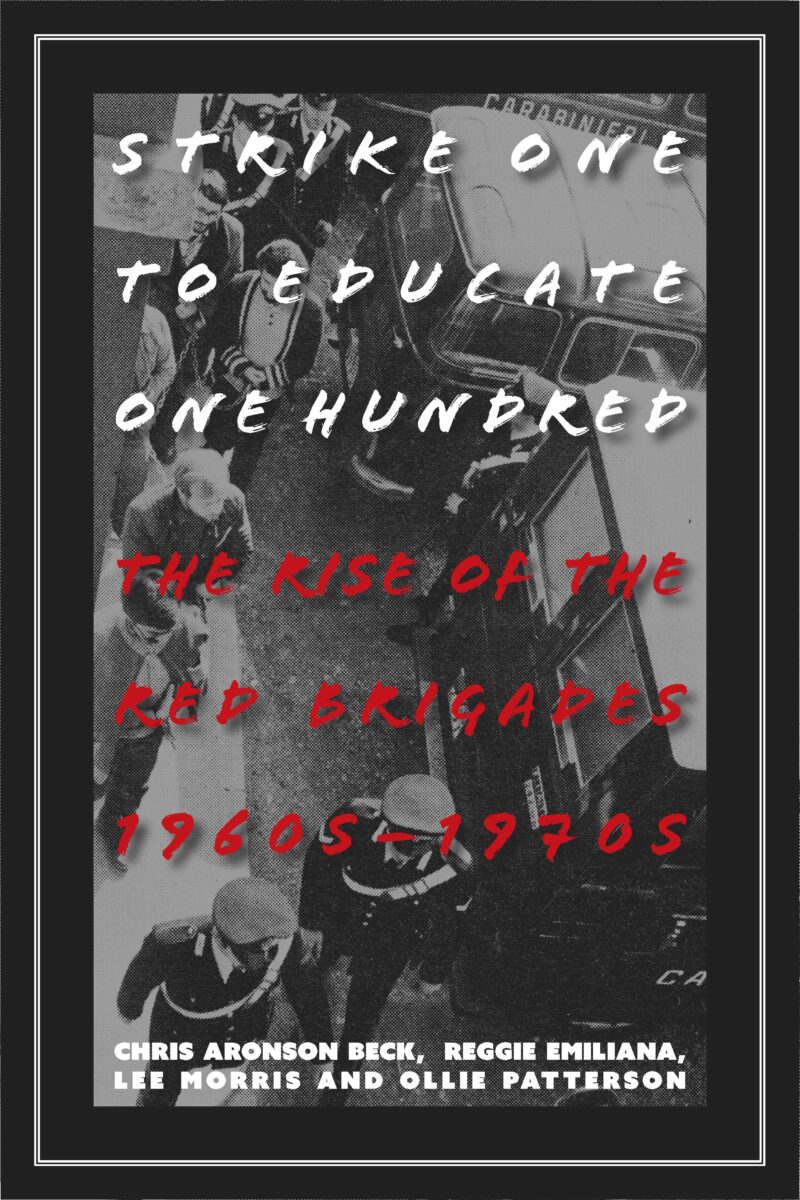
Strike One to Educate One Hundred: The Rise of the Red Brigades 1960s-1970s
When Strike One to Educate One Hundred was written, Italy’s Red Brigades were crashing out of our daily newspapers into everyone’s awareness. Yet, almost no real information about them was available here. Strike One was written for that need. It was not an academic study. It was written by people who were doing it, and read by people who wanted to do it
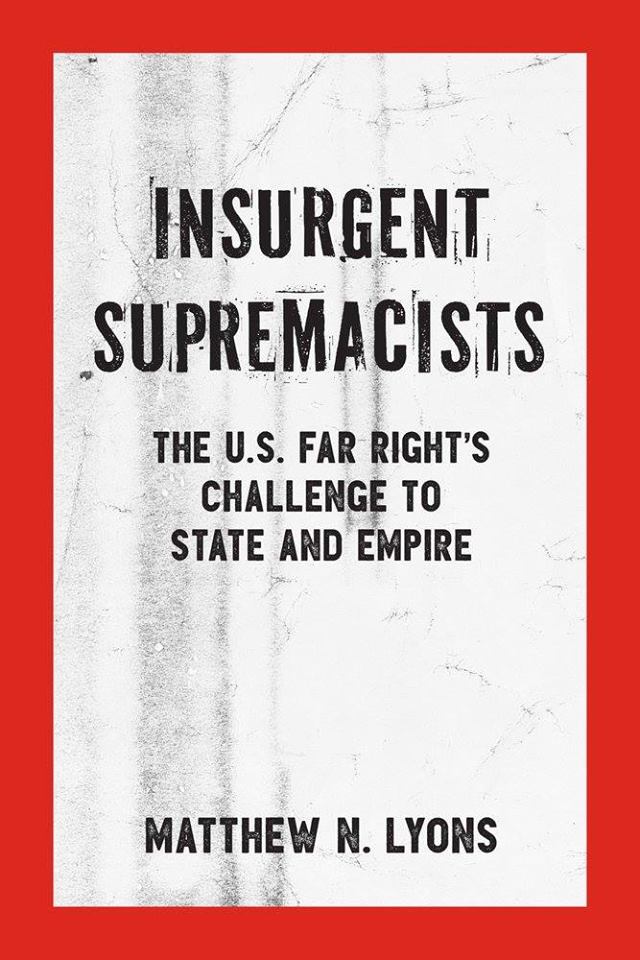
Insurgent Supremacists: The U.S. Far Right’s Challenge to State and Empire
*ON SALE* Matthew N. Lyons takes readers on a tour of neonazis and Christian theocrats, by way of the patriot movement, the LaRouchites, and the alt-right. Supplementing this, thematic sections explore specific dimensions of far-right politics, regarding gender, decentralism, and anti-imperialism. A major study of movements that strive to overthrow the U.S. government, that often claim to be anti-imperialist and sometimes even anti-capitalist yet also consciously promote inequality, hierarchy, and domination, generally along explicitly racist, sexist, and homophobic lines. Both for its analysis and as a guide to our opponents, Insurgent Supremacists promises to be a powerful tool in organizing to resist the forces at the cutting edge of reaction today.
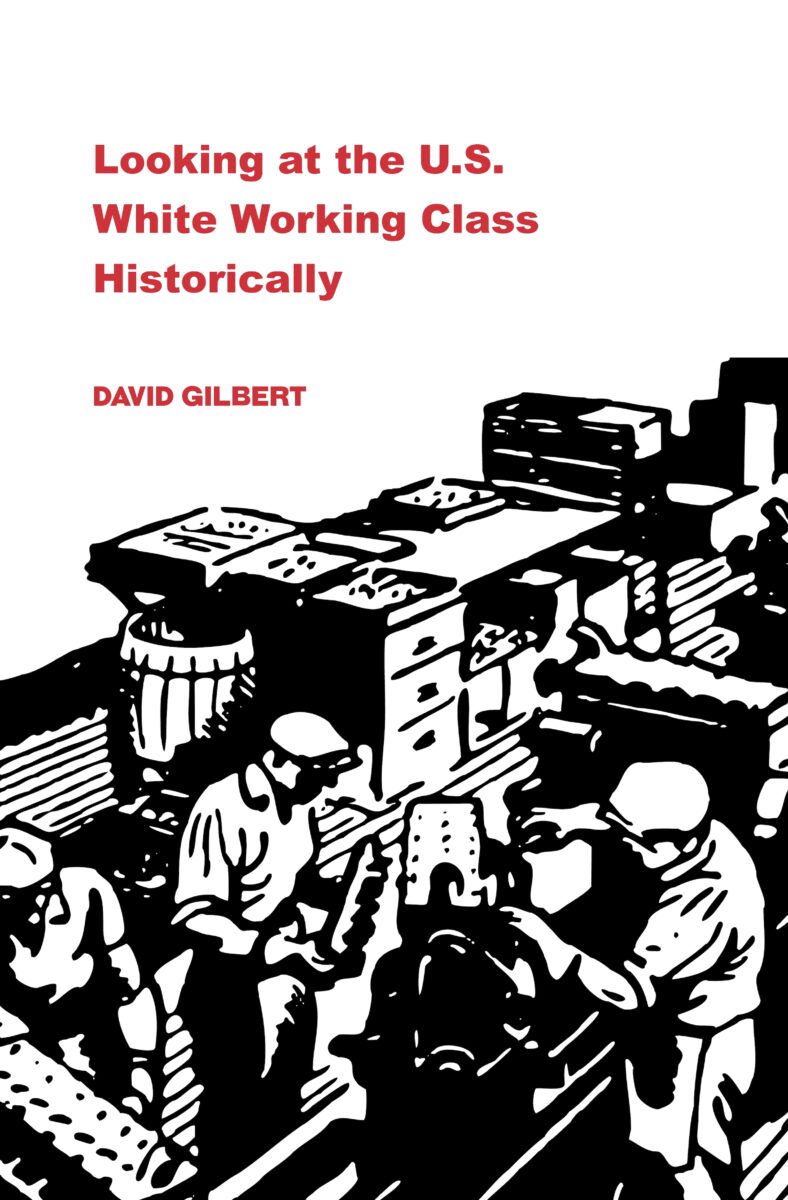
Looking at the U.S. White Working Class Historically
*ON SALE* Looking at the U.S. White Working Class Historically tackles one of the supreme issues for our movement, the contradiction embodied in the term “white working class.” On the one hand there is the class designation that should imply, along with all other workers of the world, a fundamental role in the overthrow of capitalism. On the other hand, there is the identification of being part of a (“white”) oppressor nation. Gilbert, jailed since 1980 for his work in the revolutionary underground, seeks to understand the origins of this contradiction, its historical development, as well as possibilities to weaken and ultimately transform the situation. In other words, how can people organize a break with white supremacy and foster solidarity with the struggles of people of color, both within the United States and around the world?
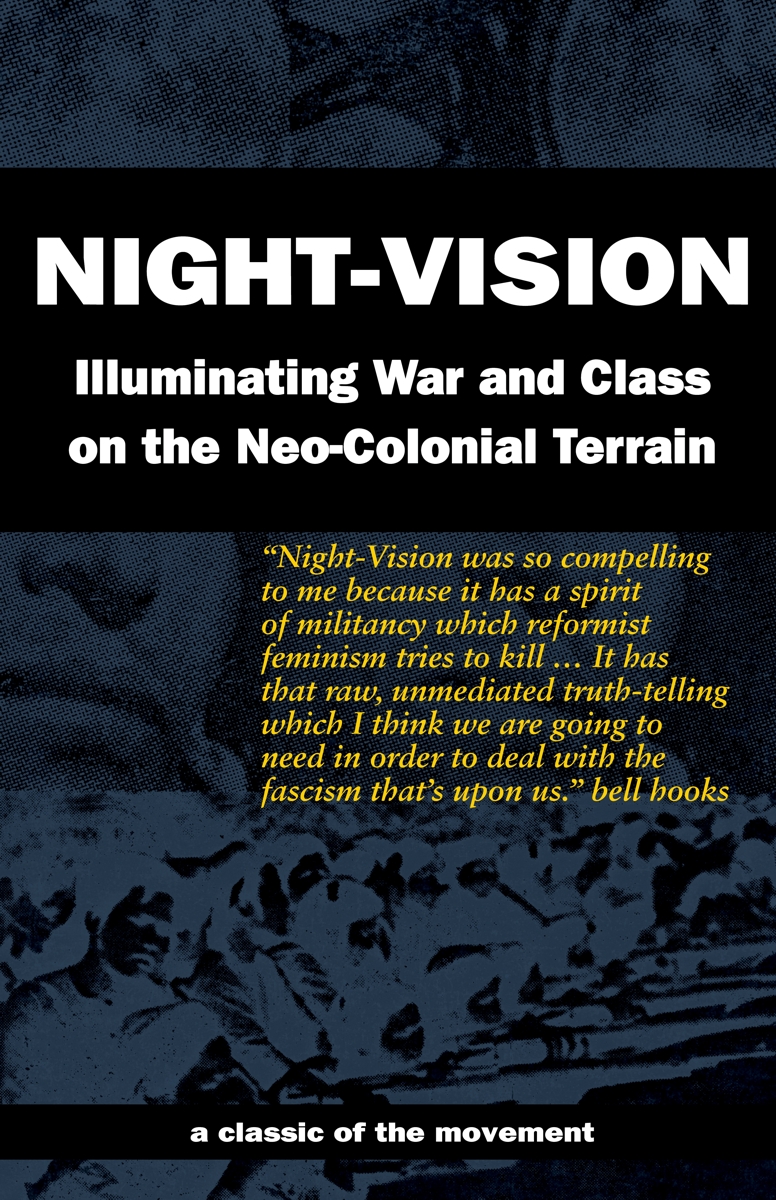
Night-Vision: Illuminating War and Class on the Neo-Colonial Terrain
*ON SALE* A foundational analysis of post-modern capitalism, the decline of u.s. hegemony, and the need for a revolutionary movement of the oppressed to overthrow it all. A classic of the movement.
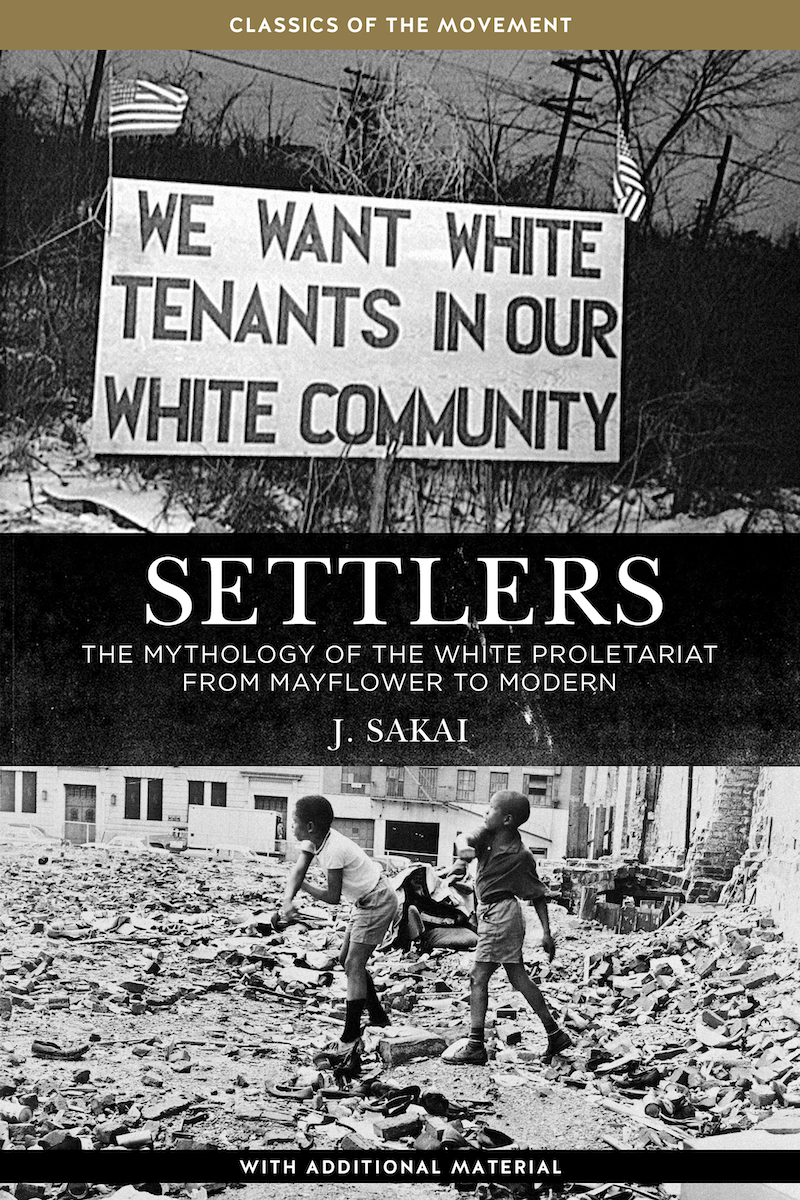
Settlers: The Mythology of the White Proletariat from Mayflower to Modern
*ON SALE* Always controversial within the establishment Left Settlers uncovers centuries of collaboration between capitalism and white workers and their organizations, as well as their neocolonial allies, showing how the United States was designed from the ground up as a parasitic and genocidal entity. Settlers exposes the fact that America’s white citizenry have never supported themselves but have always resorted to exploitation and theft, culminating in acts of genocide to maintain their culture and way of life. As recounted in painful detail by Sakai, the United States has been built on the theft of Indigenous lands and of Afrikan labor, on the robbery of the northern third of Mexico, the colonization of Puerto Rico, and the expropriation of the Asian working class, with each of these crimes being accompanied by violence.
This new edition includes “Cash & Genocide: The True Story of Japanese-American Reparations” and an interview with author J. Sakai by Ernesto Aguilar.
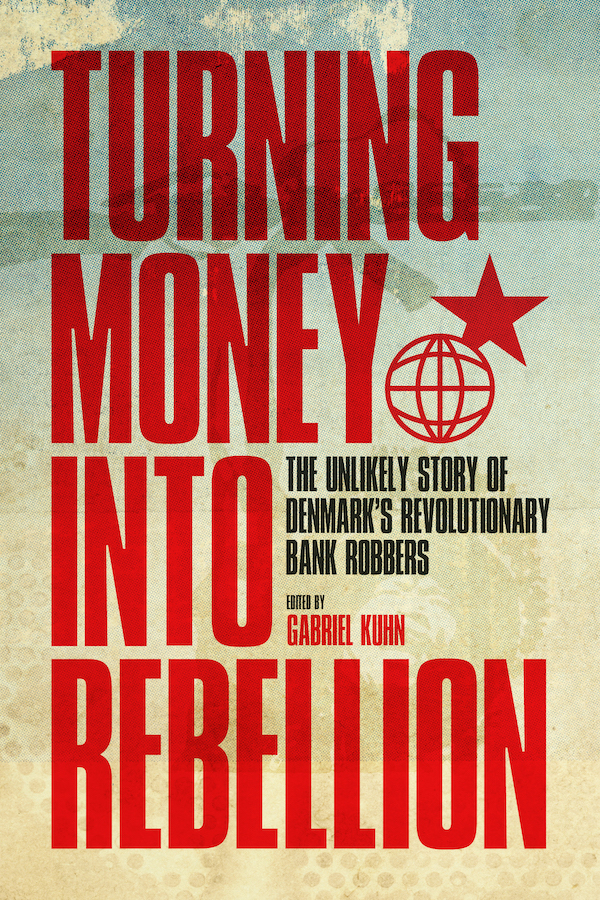
Turning Money into Rebellion: The Unlikely Story of Denmark’s Revolutionary Bank Robbers
*ON SALE* Blekingegade is a quiet Copenhagen street. It is also where, in May 1989, the police discovered an apartment that had served Denmark’s most notorious twentieth-century bank robbers as a hideaway for years. One of the most captivating chapters from the European anti-imperialist milieu of the 1970s and ’80s; the Blekingegade Group had emerged from a communist organization whose analysis of the metropolitan labor aristocracy led them to develop an illegal Third Worldist practice. While members lived modest lives, over a period of almost two decades they sent millions of dollars acquired in spectacular heists to Third World liberation movements.
